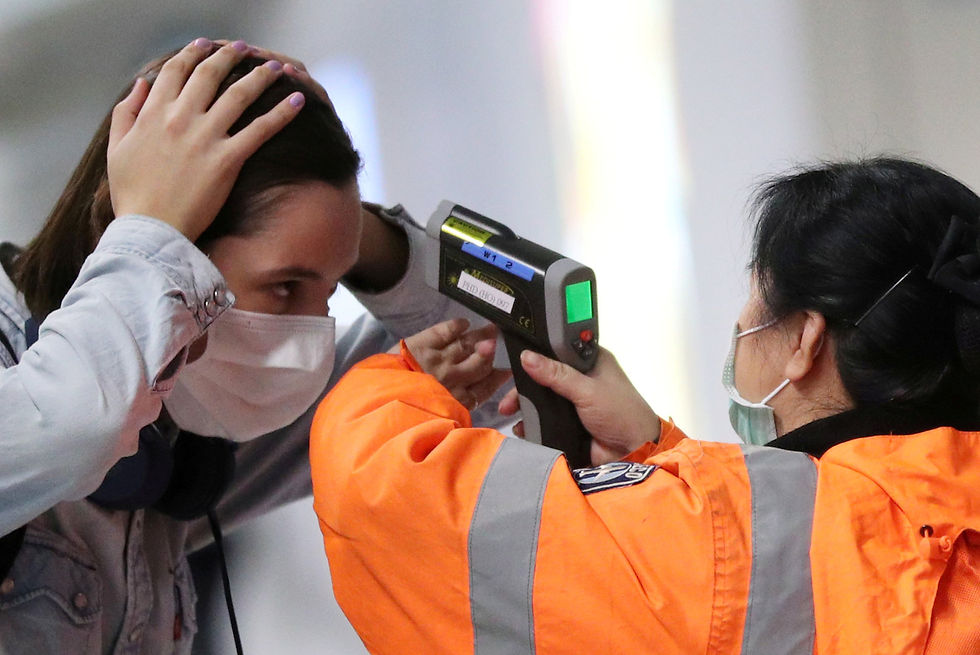Will coronavirus ever end?
- Christopher Gaw
- Jun 26, 2020
- 3 min read
It's been half a year since we first started hearing qualms about a new disease that would spread like wildfire. We could have never foreseen a pandemic with such widespread consequences for the global community. Looking back in hindsight, it is easy to say that earlier, more strictly enforced lockdowns would have prevented this mass spread, but there are obviously many other factors to consider when locking a country - even a city or town - down. Now, we are at a stage where the COVID-19 contagion has already peaked and then calmed in many countries. Ideally, countries would now have sufficient immunity within its people to contain the virus and reopen businesses. However, virus cases have soared in many nations that have lifted restrictions, highlighting the importance of timing in lifting lockdowns and questioning the methods that we have taken to combat the virus.
Many countries have seen COVID cases begin to drop, prompting a gradual return to normal life. For example, Iran's coronavirus cases fell to a low on the 4th of May, around the time when the country started easing government restrictions. However, the cases increased again, and exactly one month later, the new cases reached a new high. Similar instances of a second wave have occurred in other nations too, such as Israel, South Korea and the United States. This begs the question: Will the virus ever end, and is there even a point in lockdowns if the virus will resurface anyway?
COVID-19 could become endemic - where the virus will continue circulating among the world's population, becoming milder and milder as immunity spreads and adaptation occurs. Until a vaccine is developed (an effective RNA vaccine has never been developed before), the virus will certainly be with us for decades to come. We have seen the drastic effects that coronavirus has had on our economy, and lockdowns are no longer an appropriate form of mitigation. Instead, we must all embrace the habit of mask wearing, as it is indeed crucial for slowing spread of the virus, according to a study by HKU:
Three sets of experiments were carried out to test the effectiveness of surgical masks.
In the first experiment, no surgical masks were placed between the two groups of hamsters; while in the second, a mask was placed near the cages housing the infected hamsters – as if they were wearing a mask. And in the third, a mask shielded the cages housing healthy hamsters.
Renowned microbiolgist Professor Yuen Kwok-yung, who led the study, said the results confirm that surgical masks do make a difference in preventing the spread of the new coronavirus.
In the first experiment, two-thirds of the healthy hamsters were infected after seven days.
That compared with just one-sixth of the healthy hamsters getting infected in the second setting and one-third in the third setting, where a mask was used to cover either group.
As long as hospital capacity has not been exceeded, the mortality rate of coronavirus is almost certainly lower than 0.5%. In Singapore, only 26 deaths have occurred out of a total of 42,736 cases, as of 26 June, and there are certainly more asymptomatic cases that have not been tracked. This translates to a mortality rate of 0.06%, even lower than the estimated 0.1% death rate from seasonal flu. This is not to say that we shouldn't worry about the virus, but the costs from repeated lockdowns will be way more severe. We must learn to mitigate damage from our terrible circumstance, which means wearing a mask in public and maintaining proper personal hygiene. As long as the spread is in control, the economy should always be as open as possible.



Comments